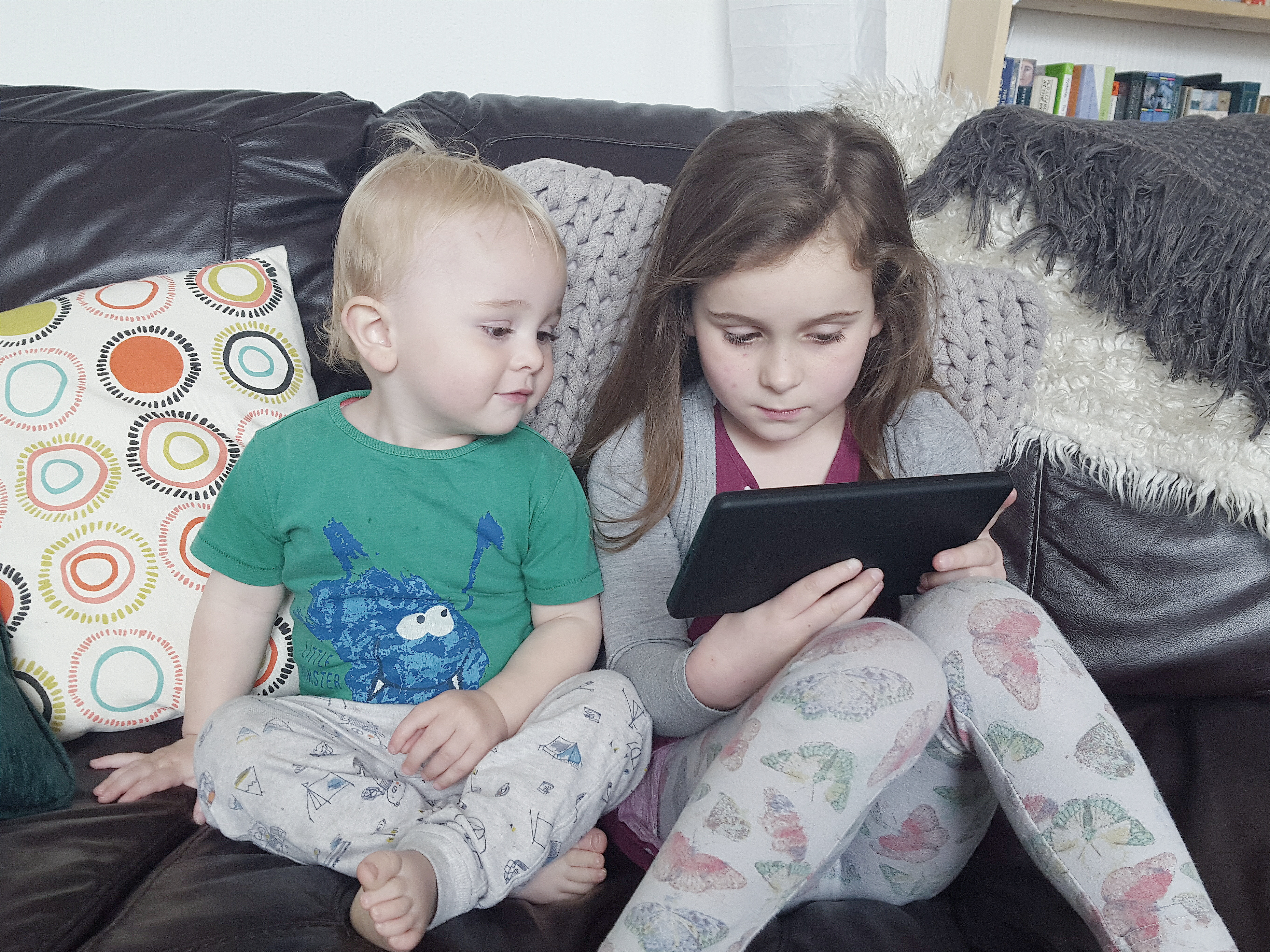Six Ways to Grow Your Children into Being Their Best
I’m not talking about planting your children in the ground, feeding them Miracle-Gro, and watering them. I’m talking about developing them into healthy human beings; I’m talking about growing them to be the best they can be. As parents, that is what we all want for our children. Here are a few steps to achieving that growth.
Praise Them
Punishments are needed at certain times, but are you mixing it with praise as well? Giving your child praise for getting good grades or cleaning their room is great. It helps boost their self-esteem. But if all they are given is an expectation with no emotional reward, then they are going to lose the motivation to do those nasty chores, or their grades will begin to decline. In retail, if you don’t hear anything from the customer, then you are doing good; you will hear about it when you have done something wrong. With children, they need to hear that they’ve done well. Be sure to tell them.
There is a right way to give your child praise. By giving things to them such as money for receiving good grades, you are teaching them two things. 1) that material things matter, and 2) money is the best reward. Neither of these is true. High fives and hugs and fist bumps are better rewards. Children seek your approval, and they will accept these forms of rewards just as much as money.
Encourage Learning
If your child shows an interest in a subject, explore that subject with them. Provide them with books that fit those subjects and their reading level (you may be the one reading them if your child is too young to read). Take them to a walking trail to observe nature and animals. Explore the solar system through the Internet. Ask questions to get them thinking. Give them answers if they ask you questions. If you do not know, find out together. Just make sure to take the time to develop their sense of curiosity.
Push Them
Don’t push them hard. Push them enough to keep going. Encourage them to grow to the next level; push them to succeed. They might be struggling with math and they say they can’t figure it out. They just want to give up. Let them take a break, but don’t let them give up. Then they will learn that giving up is an acceptable response to all of life’s problems. Allow them to step back for a breather, then have them get right back in there. Dive in their with them and help them see the problem differently. It might be the difference that gets the problem to click in their brain and they figure it out.
Learning Styles
There are 8 different learning styles that humans use to gain knowledge of their environment. No one style is used solely in each person; people use a combination of these to learn new things. But not every person is strong in each of these styles.
Some may learn better through reading while others by doing. You have verbal learners and those who learn best through interactions with others. Whatever your child’s learning style, help them grow through that style. Flash cards are great for kids who are more visual while a CD or MP3 file could help children who are more audio-oriented.
Talents and Skills
Does your child have a special skill? Well, they all do. You just have to help them find that skill, and then encourage it to grow. Unstructured play can give children the opportunity to explore their possibilities and discover what it is they are good at.
Playing with a ball made lead to an interest in baseball. Get them out on the diamond by putting them in a summer little league. If they seem to show some skill in martial arts, put them in a karate school; let them practice in the living room (just be sure to move any fragile furniture and decorative rugs out of the way).
If their talent is more intellectual than physical, give them the boost they need to grow that! If your kid is good at memorizing statistics from Pokemon cards, then they could grow to be a statistician in the field of their interest. Give them new information to study; keep feeding their brains.
If your child is good at chess, then they are good with spatial movement, planning, and foresight. These are excellent skills for leaders of companies and government. Challenge them with problems that make them think ahead or encourage them to take roles in student council (when they get older).
Dinner Time
Eating together as a family at the dining room table has many benefits. First, you are showing the importance of family. Turning off the TV and having everybody sit together allows for interaction and entertainment that brings the family closer.
Secondly, by having your child discuss their day at school, you are telling them that what happens in their lives matters. This opens the discussions up to harder subjects that might be uncomfortable to talk about but are very important nonetheless. If they do not feel like you will listen to them, then they can’t tell you about the bully harassing them.
Eating together also develops healthy eating habits. Eating disorders are lower in children who share meals with their families, and it has been discovered that their grades are higher as well.


Leave a Reply
You must be logged in to post a comment.